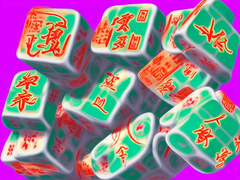
Understanding the Concept of “Kakak” in Indonesian
In Indonesian, “kakak” refers to an older sibling, either a brother or sister, and plays a significant role in familial relationships. The term encapsulates more than just a family title; it embodies respect, care, and the dynamic within family structures.
Role of Kakak in Indonesian Culture
In Indonesian culture, the role of a “kakak” is pivotal. As an older sibling, a “kakak” often takes on responsibilities that include guiding and supporting younger siblings. This role is deeply ingrained in the values of respect and hierarchy that are prevalent in Indonesian society.
Impact on Family Dynamics
The presence of a “kakak” influences the family dynamics by establishing a clear structure of respect and responsibility. Younger siblings typically look up to their “kakak” for advice and guidance, while the “kakak” provides support and mentorship, fostering a nurturing environment within the family.
Modern Interpretations of Kakak
In contemporary Indonesian society, the traditional role of a “kakak” is evolving. Modern interpretations emphasize the balance between traditional respect and contemporary values, allowing for a more egalitarian relationship between siblings while still honoring the traditional role of guidance and support.
In summary, the concept of “kakak” in Indonesian culture is integral to understanding family dynamics and cultural values. This role bridges traditional respect with modern interpretations, highlighting the evolving nature of familial relationships while maintaining deep-rooted cultural significance.









